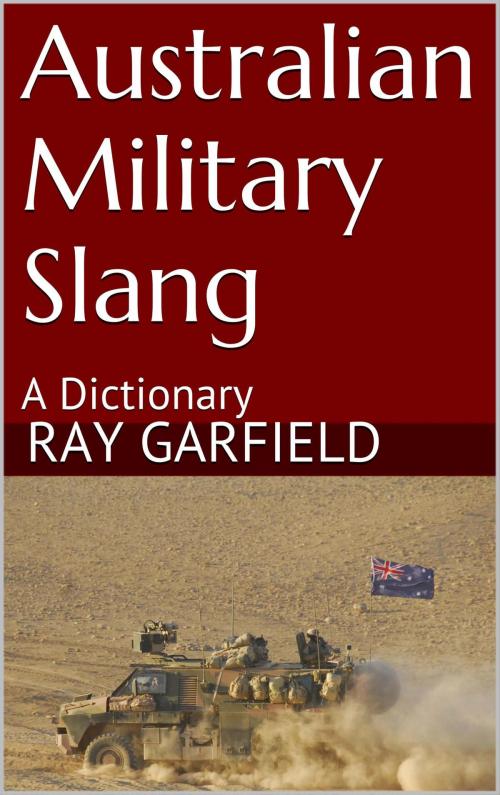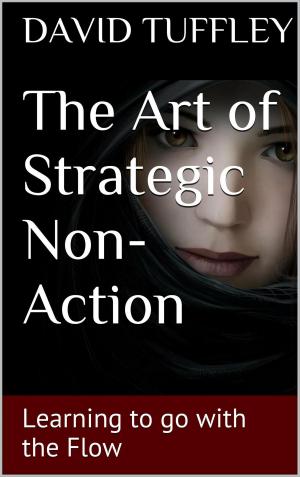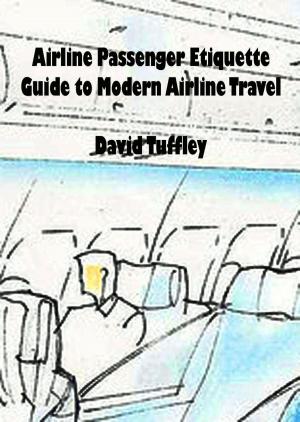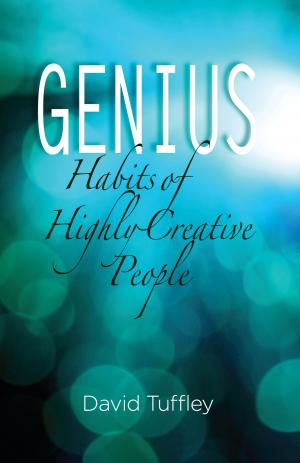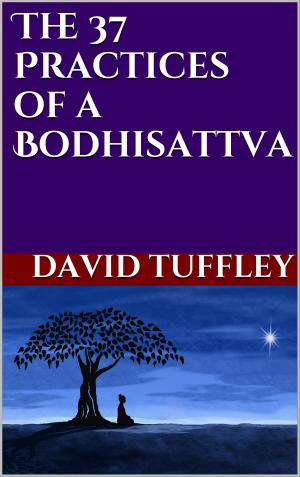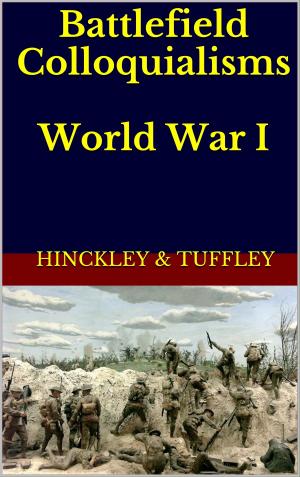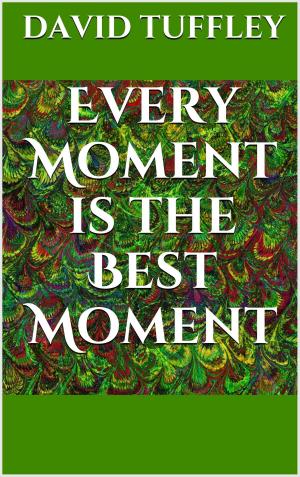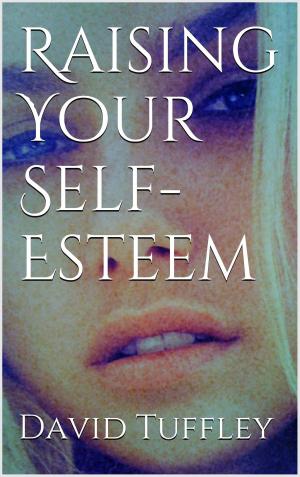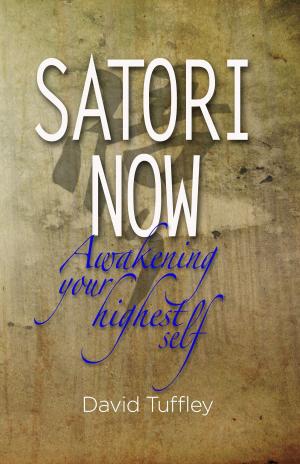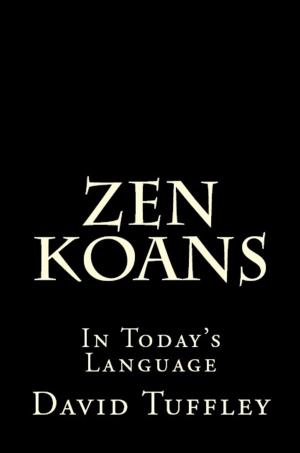Australian Military Slang: A Dictionary
Nonfiction, Reference & Language, Dictionaries, Study Aids, ESL, Foreign Languages| Author: | Ray Garfield | ISBN: | 9781310996948 |
| Publisher: | Altiora Publications | Publication: | June 25, 2014 |
| Imprint: | Smashwords Edition | Language: | English |
| Author: | Ray Garfield |
| ISBN: | 9781310996948 |
| Publisher: | Altiora Publications |
| Publication: | June 25, 2014 |
| Imprint: | Smashwords Edition |
| Language: | English |
Australian Military Slang is a window into the rank and file culture of the Australian Army and to some extent the Navy and Air Force. It is an honest, confronting and often humorous look into a culture that most civilians never experience.
Australian military culture has its origins in the traditions of the British military, though over more than a century it has evolved into its own distinct culture.
The Australian military has the fundamental values of courage, initiative, respect and comradeship. There is an ethos of courage and toughness built on a foundation of loyalty and fairness. Around the world, the Australian military is respected for its professionalism, integrity, initiative and esprit de corp. Though relative small compared with other countries, the Australian military is known to “punch above its weight” as the old boxing metaphor goes.
Like any military, there is strong hierarchy. Much of the language is concerned with establishing and reinforcing the military hierarchy. It is essential that everyone accepts their place in the hierarchy.
There is hazing implied in the language. A fighting unit depends on each member to withstand the pressure of combat and do their job. Everyone is tested, and tested again. Anyone found wanting is weeded out before they have a chance to get anyone killed.
The men and women of the Australian Defence Force have a colourful language all their own. Full of profanity and wry humour, it has developing over time, taking influences from the broader Australian dialect, as well as the militaries of other nations, principally Britain and the United States with whom Australia has worked most closely over time.
Readers of Australian Military Slang are warned that there is much strong language. If you are likely to be offended by this, then you have been made aware. This dictionary makes no judgment on the appropriateness of the language in relation to community standards. It simply documents it as it is. It is worth preserving for posterity.
Australian Military Slang is a window into the rank and file culture of the Australian Army and to some extent the Navy and Air Force. It is an honest, confronting and often humorous look into a culture that most civilians never experience.
Australian military culture has its origins in the traditions of the British military, though over more than a century it has evolved into its own distinct culture.
The Australian military has the fundamental values of courage, initiative, respect and comradeship. There is an ethos of courage and toughness built on a foundation of loyalty and fairness. Around the world, the Australian military is respected for its professionalism, integrity, initiative and esprit de corp. Though relative small compared with other countries, the Australian military is known to “punch above its weight” as the old boxing metaphor goes.
Like any military, there is strong hierarchy. Much of the language is concerned with establishing and reinforcing the military hierarchy. It is essential that everyone accepts their place in the hierarchy.
There is hazing implied in the language. A fighting unit depends on each member to withstand the pressure of combat and do their job. Everyone is tested, and tested again. Anyone found wanting is weeded out before they have a chance to get anyone killed.
The men and women of the Australian Defence Force have a colourful language all their own. Full of profanity and wry humour, it has developing over time, taking influences from the broader Australian dialect, as well as the militaries of other nations, principally Britain and the United States with whom Australia has worked most closely over time.
Readers of Australian Military Slang are warned that there is much strong language. If you are likely to be offended by this, then you have been made aware. This dictionary makes no judgment on the appropriateness of the language in relation to community standards. It simply documents it as it is. It is worth preserving for posterity.
